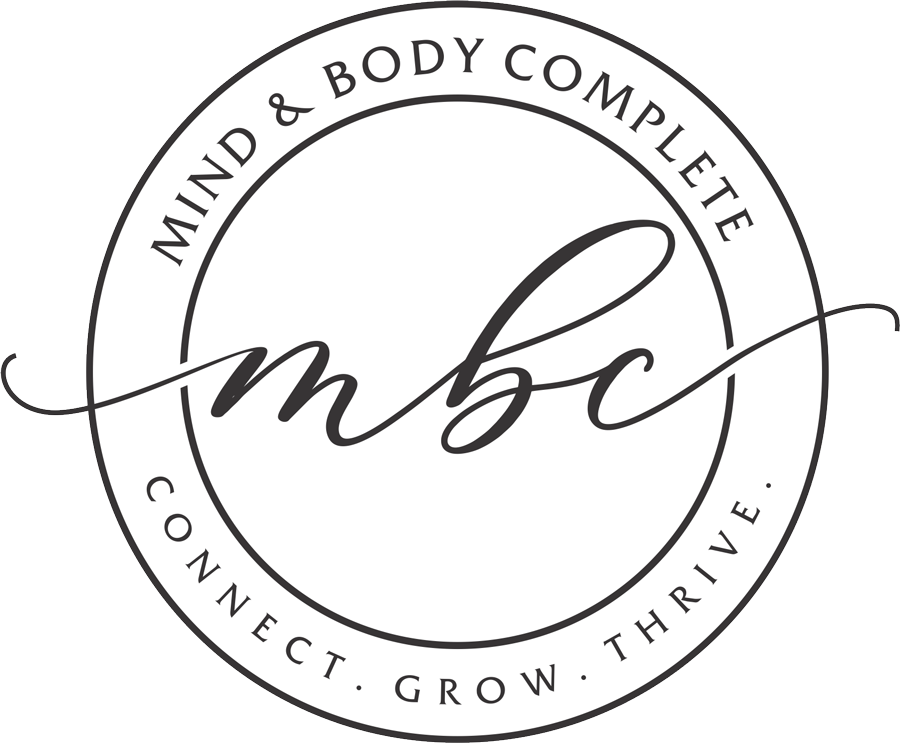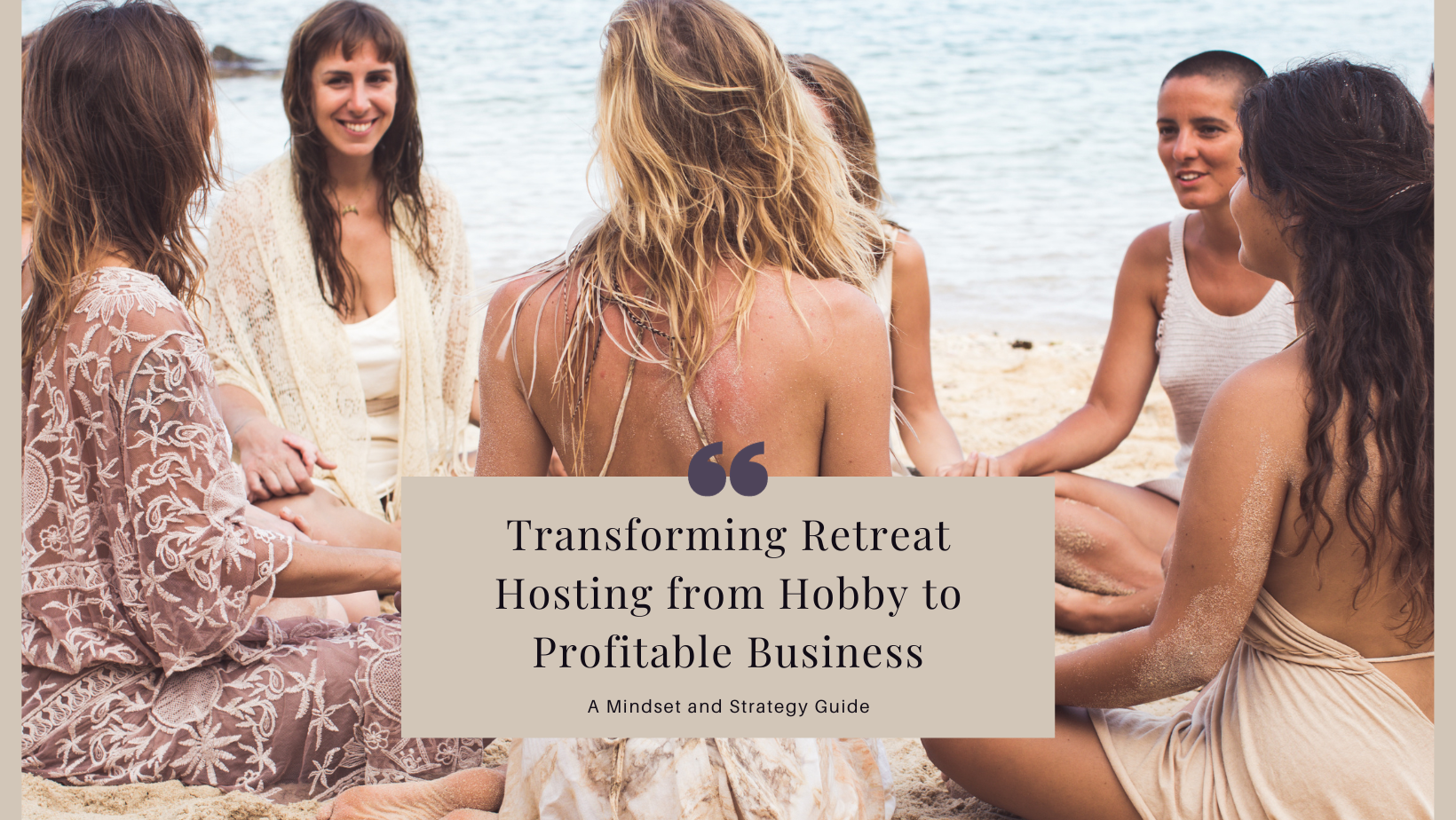Transforming Retreat Hosting from Hobby to Profitable Business: A Mindset and Strategy Guide
Hosting retreats can be an incredibly fulfilling endeavor. It offers a unique opportunity to create impactful experiences that help people learn, grow, and connect. However, for many, what starts as a passion project or hobby can quickly become a financial burden without the right mindset and strategies. To transform retreat hosting from a hobby into a profitable business, it’s essential to approach it with a blend of entrepreneurial spirit, strategic planning, and a deep understanding of your market. This article delves into practical tips and mindset shifts necessary for making your retreat a thriving business.
Cultivate a Business Mindset
Embrace Entrepreneurship:
Hosting retreats isn’t just about the transformative experience; it’s also about running a business. Shift your mindset from seeing this as a hobby to recognizing it as a professional service you’re offering. Understand the market, your unique value proposition which includes your voice, your teachings and your energy, and treat every aspect of the retreat with a business owner’s attention to detail and quality.
Invest in Your Education:
Running successful retreats requires skills in event planning, marketing, finance, and customer service. Continuously educate yourself on business practices, attend workshops, and consider mentorship or coaching to enhance your business acumen.
Understand Your Market
Define Your Niche:
The retreat market is saturated with generic offerings. To stand out, clearly define your niche — the specific audience you cater to and the unique transformation or experience you provide. Whether it’s yoga retreats for corporate burnouts or silent meditation retreats in nature, be clear and focused.
Research and Feedback
Regularly engage with your past and potential attendees to understand their needs, preferences, and willingness to pay. Use surveys, interviews, and feedback to refine your offerings and ensure they resonate with your market.
Strategic Financial Planning
Budget Wisely:
Create a detailed budget that accounts for all possible expenses — venue, food, staff, marketing, insurance, and unexpected costs. Then, price your retreats not just to cover costs but to ensure a profit margin that reflects the value you provide.
Diversify Revenue Streams:
Think beyond the retreat ticket price. Consider offering add-ons, private sessions, or follow-up programs. Collaborate with sponsors or partners who can add value to your retreats and offset some costs.
Effective Marketing and Sales
Brand Building:
Develop a strong brand that reflects your retreat’s ethos and speaks directly to your target audience. Your brand should permeate all aspects of your retreat, from the website to the on-site experience.
Utilize Multiple Channels:
Don’t rely on a single marketing channel. Use a mix of social media, email marketing, content marketing, partnerships, and word-of-mouth to reach a broader audience.
Deliver Exceptional Experiences
Quality Over Quantity:
It’s better to host fewer retreats with high attention to detail and transformational experiences than to run many subpar events. Quality experiences lead to repeat customers and referrals, which are crucial for long-term profitability.
Follow-up and Community Building:
Create a community around your retreats by keeping in touch with attendees, offering them additional resources, and inviting them to future events. A strong, engaged community leads to higher retention and more consistent bookings.
Mindset of Resilience and Adaptability
Expect Challenges:
Understand that not every retreat will be a runaway success and that the market can be unpredictable. Cultivate resilience by learning from each experience and being willing to adapt your strategies.
Continuous Improvement:
Always look for ways to improve your retreats and business practices. Stay updated on trends, listen to your attendees, and be open to evolving your offerings.
Conclusion
Transforming retreat hosting from a hobby into a profitable business requires a significant shift in mindset and a strategic approach to every aspect of the process. By understanding your market, planning financially, delivering quality experiences, and continually adapting and improving, you can create a sustainable and profitable retreat business. Remember, the most successful retreat leaders are those who combine their passion for transformation with a sharp business acumen and an unwavering commitment to excellence.







